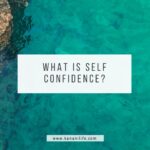
A cultural heritage is anything that was passed down from one generation to another. The heritage passed down can be tangible, like an heirloom, location, or object. It can also be intangible, like a tradition, belief, or skill.
No matter what the cultural heritage looks like, it’s important to know that you have one. Knowing your cultural heritage can build your confidence and give you a sense of belonging.
This article will help you discover your cultural heritage and how it can boost your self confidence. Even if you feel like you don’t have a strong cultural heritage, the steps below will help you identify and start your own cultural heritage.
So let’s dive in!
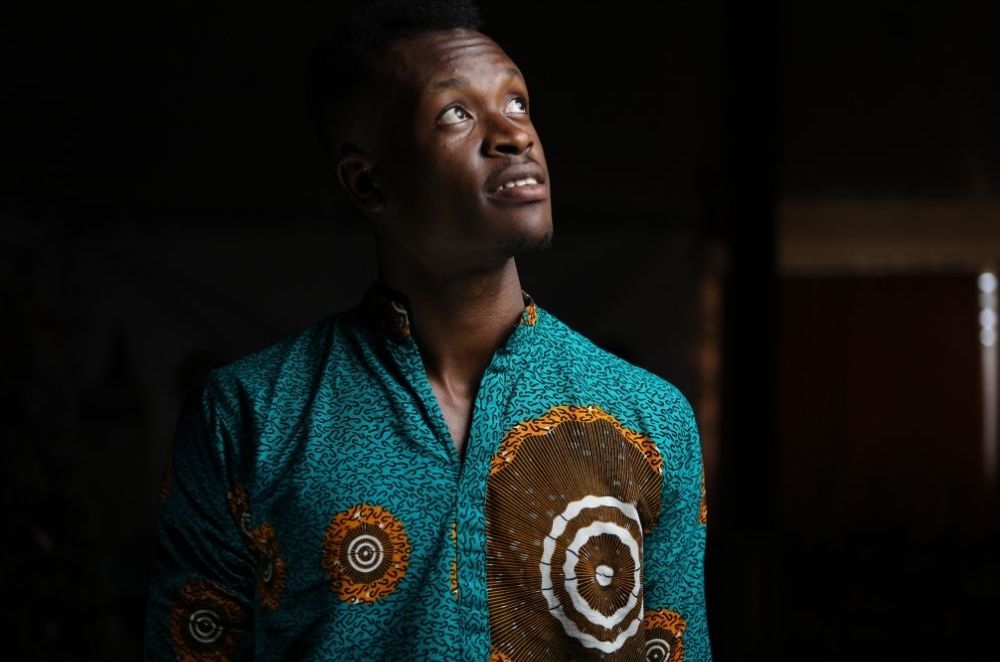
What is my cultural heritage?
Your cultural heritage stems from your ancestors and the generations before you.
The first step to finding your culture and heritage is identifying your backgrounds. What makes you you?
Are you from a certain ethnicity? Religion? Family line? Does your family speak a specific language or hold onto one or two traditions from your ancestors?
Answering these questions can help you identify your cultural heritage. It doesn’t have to be anything big or fancy. Sometimes a cultural heritage can simply be national and patriotic pride, or an allegiance to a certain belief or system. It can be that your family cooks a specific food or does a service at a certain time of year.
It can be as organized as a specific holiday, or as loose as being inspired to live by a set of morals and values.
Read my book, Aloha State of Mind, which is all about the Hawaiian values!
It’s easier for certain ethnic/racial groups to identify their cultural heritage
Those of us who come from strong cultural backgrounds can easily identify our heritage. For example, as a Hawaiian, from a young age, my parents taught me Hawaiian history, some of the language, and, most importantly, the Hawaiian values. This helped form my identity.
Because I’m also part Chinese, my family celebrates some Chinese holidays and traditions, like Lunar New Year.
I have friends of Mexican, Polynesian, Native American, and other ethnicities that have a strong cultural heritage. The foods, language, traditions, and beliefs have shaped who they are.
Let your cultural heritage be a part of your life. It connects you to your family, your ancestors, and gives you a sense of place.
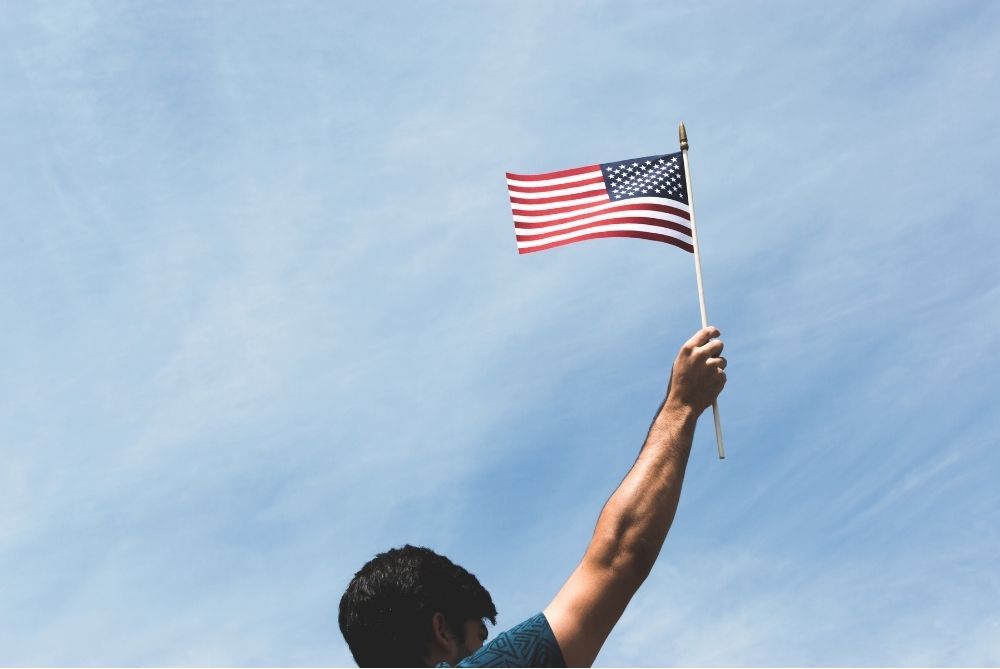
What if I don’t have a cultural heritage?
“That sounds all nice,” you say, “But my family doesn’t have any cultural heritage.”
This is understandable. Especially if you are from the United States of America, you are probably descended from immigrants who assimilated. This means that they blended and became, as the old song says, “the great American melting pot.”
This might be a reason your family doesn’t have a strong cultural heritage. Another reason might be that you’ve been estranged, ostracized, or disconnected from your family in some way.
First, please take heart.
You belong.
In fact, you have a unique opportunity to create your cultural heritage. You can make it for the next generations in your family.
There’s a Hawaiian saying, “Nana i ke kumu.” It means to “look to the source.”
Look to the source to create your heritage. The source can be God, your ancestors, or even nature. Create new traditions, culture, and values that motivate you and your descendants to live their best lives.
If you feel overwhelmed, one really easy way to get started is to look to the source of information that you already have available. What ethnicities are you made up of? Which one do you resonate with the most?
A personal example
Let me share a personal example. Because I’m mostly Hawaiian, Chinese, and Filipino, I’ve never connected well with my Caucasian/white side. There are other emotional and mental reasons for this, but I realized that I want some sort of culture and heritage from my Caucasian side.
I took a DNA test a while ago and so took the time to study my genetic makeup. When my eye caught hold of my Scottish blood, I became curious. I researched Scotland, the history, customs, traditions, and culture. I loved it! Though I haven’t officially implemented any Scottish traditions, I feel a stronger connection to my culture and heritage. My little sister and I have plans to celebrate some Scottish holidays in the future, and we’re looking forward to it.
Look to the source. Start with what you know.
Don’t get overwhelmed by creating your own cultural heritage. Make it fun, and be grateful for the feeling of belonging that comes with your research and knowledge gained.
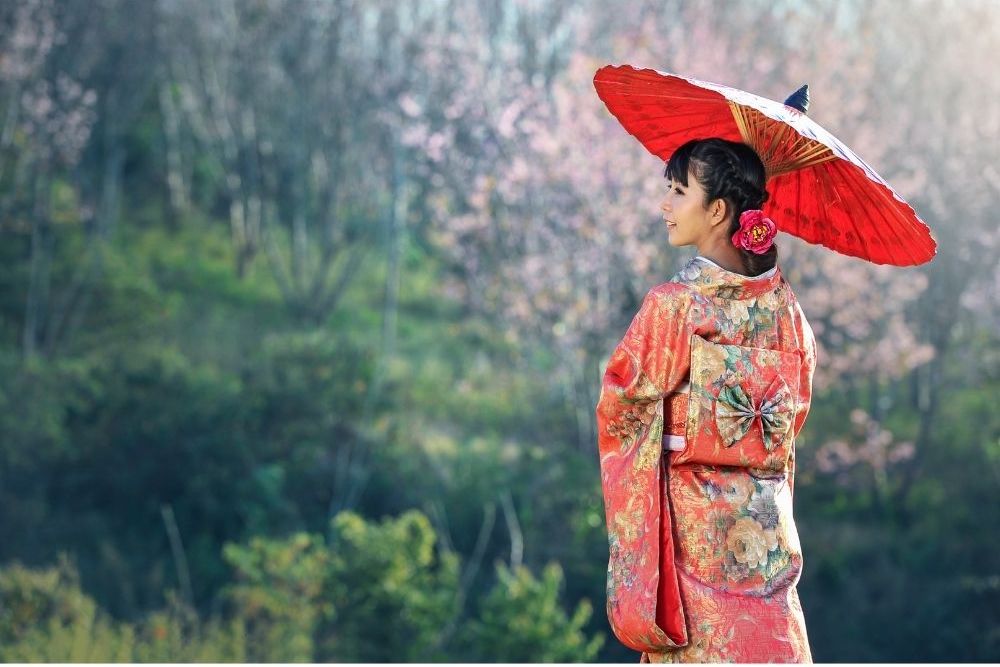
Why is cultural heritage important?
Cultural heritage helps us feel a sense of belonging.
Everyone wants to belong.
Sometimes we disconnect from our families for various reasons. It can make us feel isolated, like we don’t belong anywhere.
Especially if you’re from a distinct culture and heritage, people can put stereotypes and labels on you. If you’re Hawaiian, you’re most likely expected to dance hula and know how to surf. From a Mexican heritage, you might be expected to make the best tacos or speak Spanish. If you’re Native American, you’re expected to know traditional dance and speak the native language. These are stereotypes, and while stereotypes have some truth to them, they don’t reflect every race, ethnicity, and culture.
You don’t have to know everything
Many of us, even those from strong cultural heritages, don’t know everything. And we sometimes don’t find belonging in our own cultures. Rather, we find belonging in the culture we created for ourselves.
And that’s ok.
Cultural heritage is what you make of it. And it’s deeply important because it helps you belong.
Even if you aren’t familiar with your ethnic and racial history, culture, and past, it’s ok. We all need to have some sort of culture and heritage, even if that comes from our religion, location, nationality, or some other circumstance.
When we embrace our cultural heritage, whatever it is, we feel like we belong, something we all need.
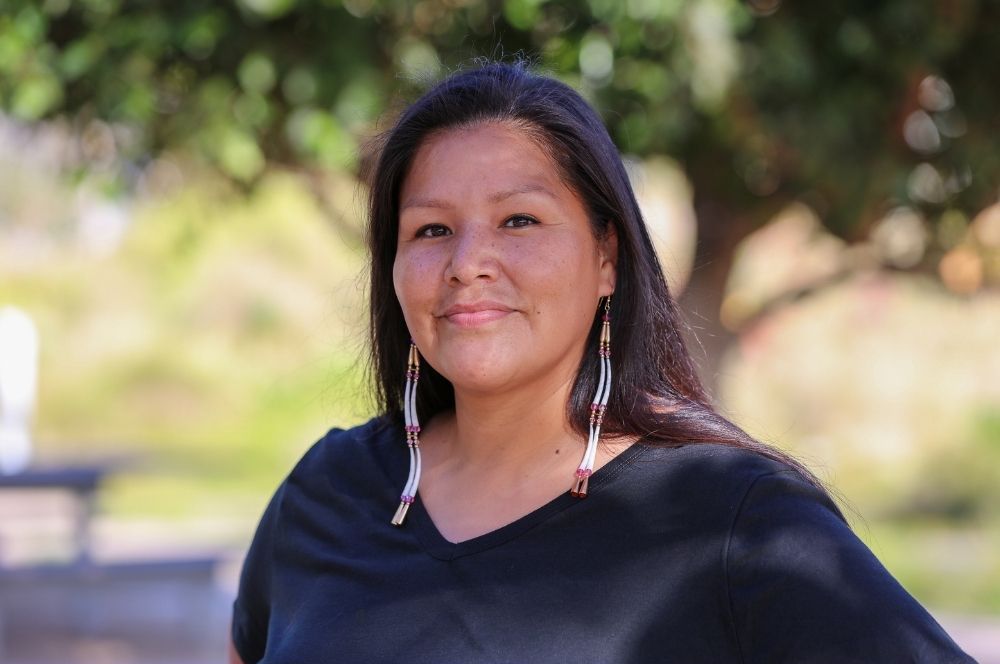
Take the positive things, let go of the negative
Just because you have a strong cultural heritage doesn’t mean you need to live every aspect of it.
In fact, be the person in your family who lets go or breaks any cycles of abuse or negative/false beliefs that aren’t serving you.
If there is a tradition or belief that doesn’t align with truth or what you know to be right, then be OK with letting it go.
Be the brave person in your family who doesn’t carry on negative, harmful, or degrading beliefs or traditions.
In conclusion
What is your cultural heritage? Do you feel strong ties to your ancestors and family because of your culture?
Even if you don’t have the perfect circumstances, and your heritage is still unclear, you have time to learn, research, and create it yourself.
And remember: you’re in control.
Don’t repeat cycles of abuse or perpetuate false beliefs. Your cultural heritage is what you make of it. Let it inspire you, give you confidence, and help you feel a sense of belonging.
You belong in your family, where you are, and in your culture. You got this friend!
About the author
I figured I’d share this at the end of the article because I feel so strongly about culture and heritage. I am a descendant of Hawaiian, Chinese, Filipino, and Caucasian ancestry and all of it plays a huge role in who I am today.
As I stated in the introduction, cultural heritage helps us feel like we belong.
If you’d like to learn more about discovering where you belong, be sure to follow me on my other pages because I discuss this a lot in my books!
Let’s hear from you!
What is your favorite thing about your cultural heritage? Let us know in the comments. We’d love to hear from you!
Save this pin for later!



